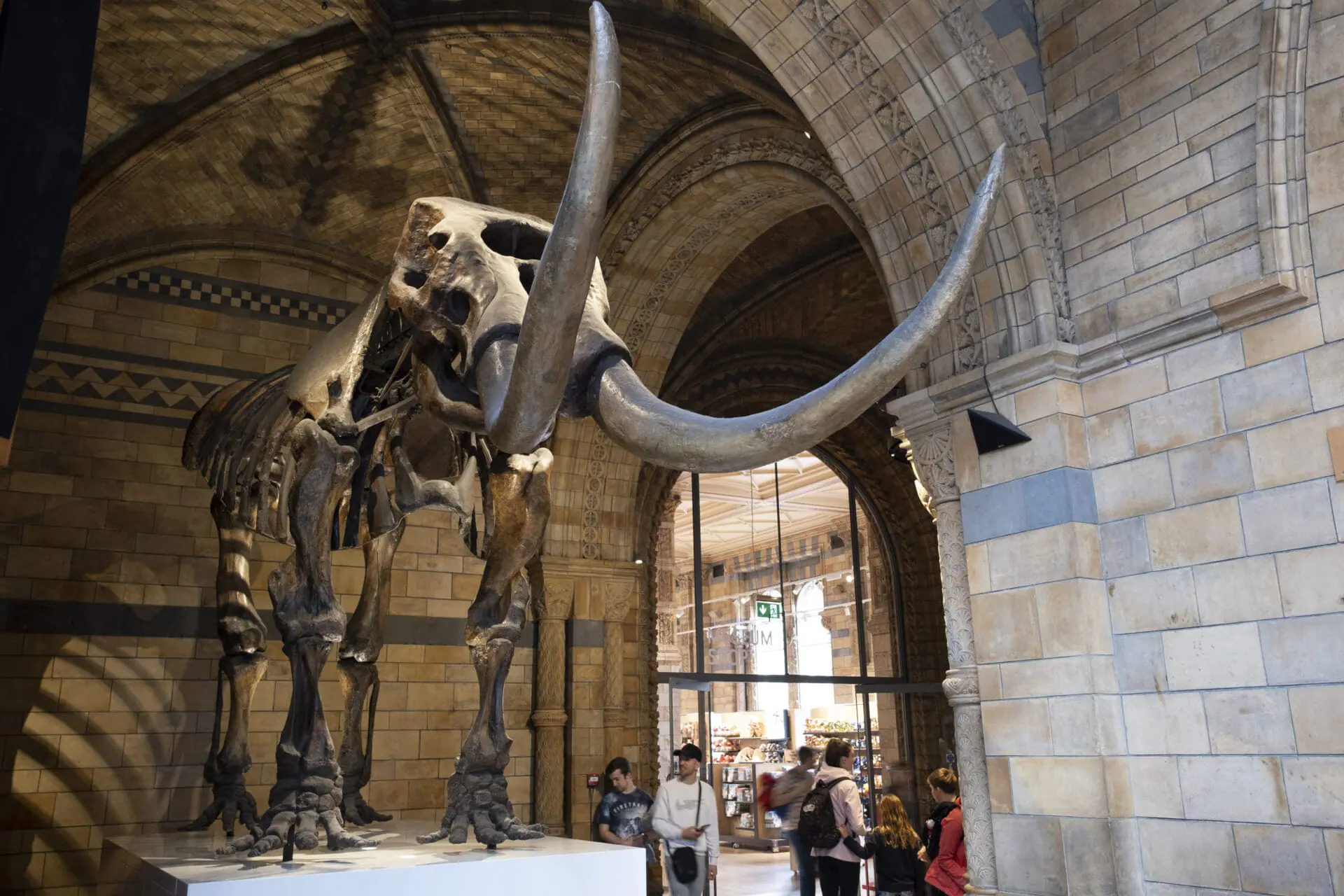Mastodons, frequently found in Indiana, could become first ‘national fossil’
(INDIANA CAPITAL CHRONICLE) — Indiana U.S. Sen. and GOP gubernatorial nominee Mike Braun’s latest bill would officially name the mastodon as the first U.S. national fossil.
If the National Fossil Act is passed by the House and signed into law, the mastodon would join the bald eagle, bison, rose, and oak tree as enduring national symbols of the United States, a news release said.
According to the National Park Service, mastodons resembled mammoths, but were shorter and stockier, and had straighter tusks. The animal weighed more than 11 tons and lived more than 13,000 years ago predominantly on land that would later become the U.S.
The release states mastodon fossils are regularly found in Indiana and Michigan, and the animal was named the Indiana state fossil in 2022. Michigan also named the mastodon its state fossil in 2002.
“Mastodons embody the spirit of exploration, resilience, and strength that exemplifies our great nation,” Braun said in the release. “As a uniquely American symbol, mastodons inspire us to embrace our heritage and to protect our country’s national treasures.”
Braun’s National Fossil Act designates the mastodon as the first “national” fossil. Paleontologists have discovered mastodon fossils in many Indiana counties. Most recently, these fossils were found in Seymour, Indiana in 2019 when sewer system work on a farm unearthed the animal’s limb bones, a tusk and part of its skull.
“I hope making Indiana’s state fossil our national fossil will inspire young Hoosiers to take an interest in our country’s rich natural history that may be in their own backyard,” Braun continued.
According to the release, the National Fossil Act is Bruan’s fifth standalone bill to pass the Senate this year. Some of Braun’s other pieces of legislation are the COVID-19 Origin Act of 2023 — which requires the federal government to declassify all information related to the potential origin of the virus — and the Department of Defense Overdose Data Act, which requires the U.S. Secretary of Defense to submit reports on overdoses among Armed Forces members.
Braun will face Democrat Jennifer McCormick and Libertarian Donald Rainwater in Indiana’s gubernatorial race this November.
